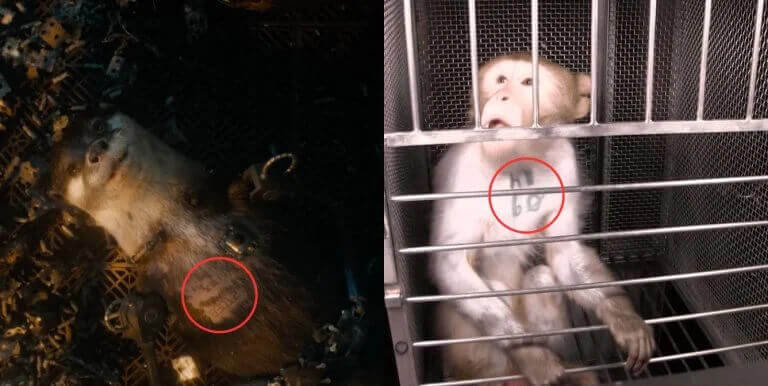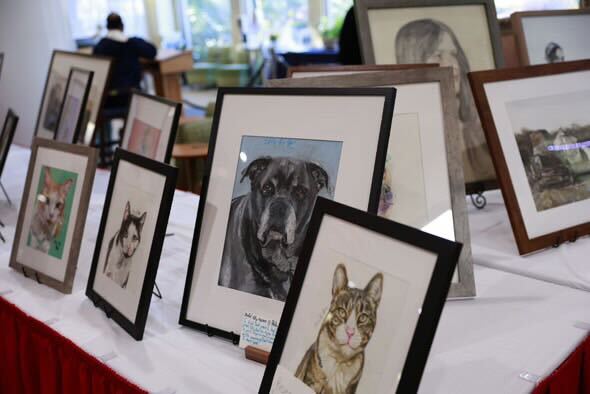Watch ‘Guardians of the Galaxy Vol. 3’ for an Epic Animal Rights Message
Guardians of the Galaxy Vol. 3 has us shook. 😮 Released in the U.S. on May 5, this Marvel masterpiece accomplishes something few other movies do: It shows a massive audience the grim reality of animal testing.
The film takes us on an emotional rollercoaster and features gorgeous computer-generated animals, including Rocket Raccoon (voiced by Bradley Cooper, who won PETA’s Compassion in Film Award for choosing to feature his own animal companion in A Star Is Born instead of an animal from one of Hollywood’s notorious suppliers), Lylla, Floor, and Teefs.
Writer and director James Gunn’s movie gives viewers a rare glimpse into animal testing’s cruelty by telling a beautiful story about having empathy for all sentient individuals. For the filmmaker’s efforts to remind audiences that animals tortured in labs are living, feeling beings and not merely the numbers tattooed on them, PETA has honored him with a “Not a Number” Award.
A Harsh Reality Check
In the movie, we learn about Rocket’s tragic past—he was kept in a lab with fellow test subjects Lylla, Floor, and Teefs. Although these are fictional characters, their stories of being imprisoned and experimented on are painfully real for millions of animals suffering in labs right now. In the words of Nebula, the film’s Luphomoid alien warrior, experimenting on animals is “worse than anything Thanos ever did,” and it needs to end now.
Guardians of the Galaxy Vol. 3 exposes a lot about animal testing:
- Instead of names, animals used in experiments are given ID numbers that are usually tattooed on their chests or inside their ears.

- Rocket’s backstory reveals that as a baby, he was strapped into a restraining device while scientists experimented on him. The device featured in the movie is eerily similar to the ones experimenters use in real life to restrain monkeys in labs.
- Real experimenters confine animals to tiny, depressing cages—just like in the film. Unlike in the film, animals are often isolated in separate cages.
- Experiments are typically driven by curiosity and serve no real purpose.
This movie imagines a future in which animals are respected and allowed to live in peace. ❤️ PETA is actively working toward this future by promoting animal-free experiments that don’t require anyone to suffer and will actually lead to treatments and cures for human diseases. Get to the theater with all your friends to check out the movie—and be sure to take action against the use of animals in labs!
Text peta2 to 30933 for ways to help animals, tips on compassionate living, and more!

Terms for automated texts/calls from peta2: http://peta.vg/txt. Text STOP to end, HELP for more info. Msg/data rates may apply. U.S. only.




